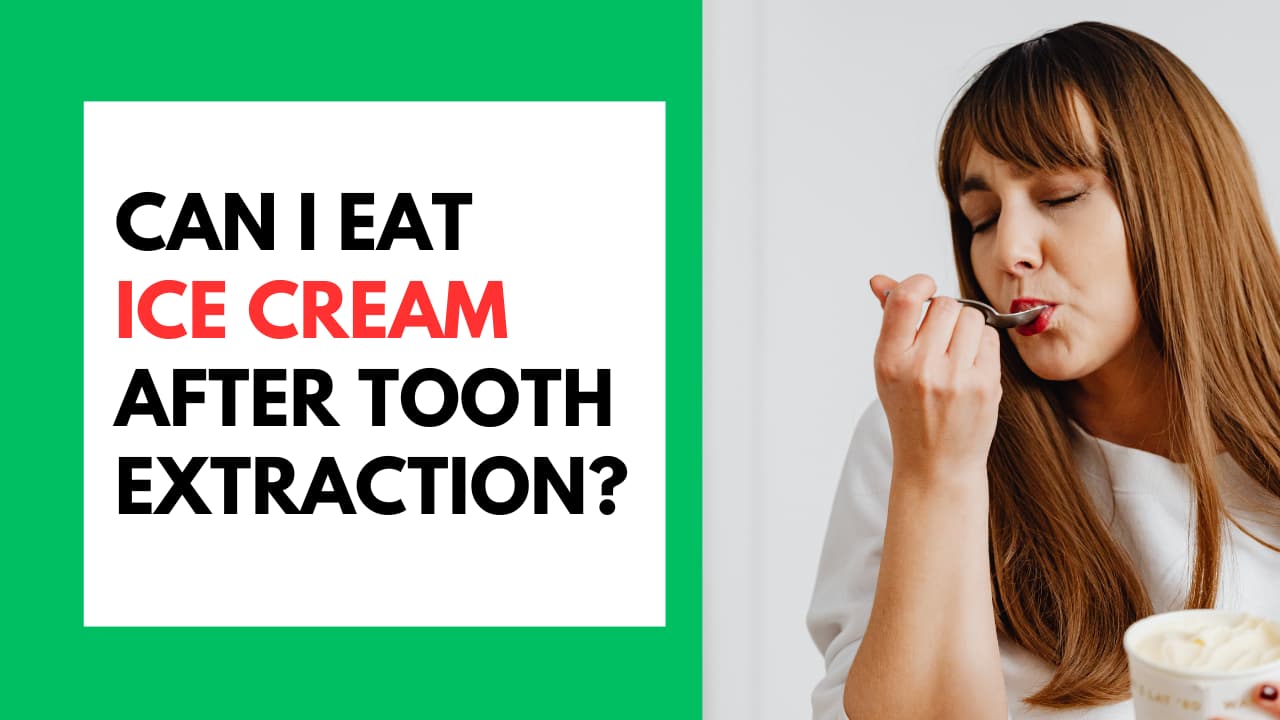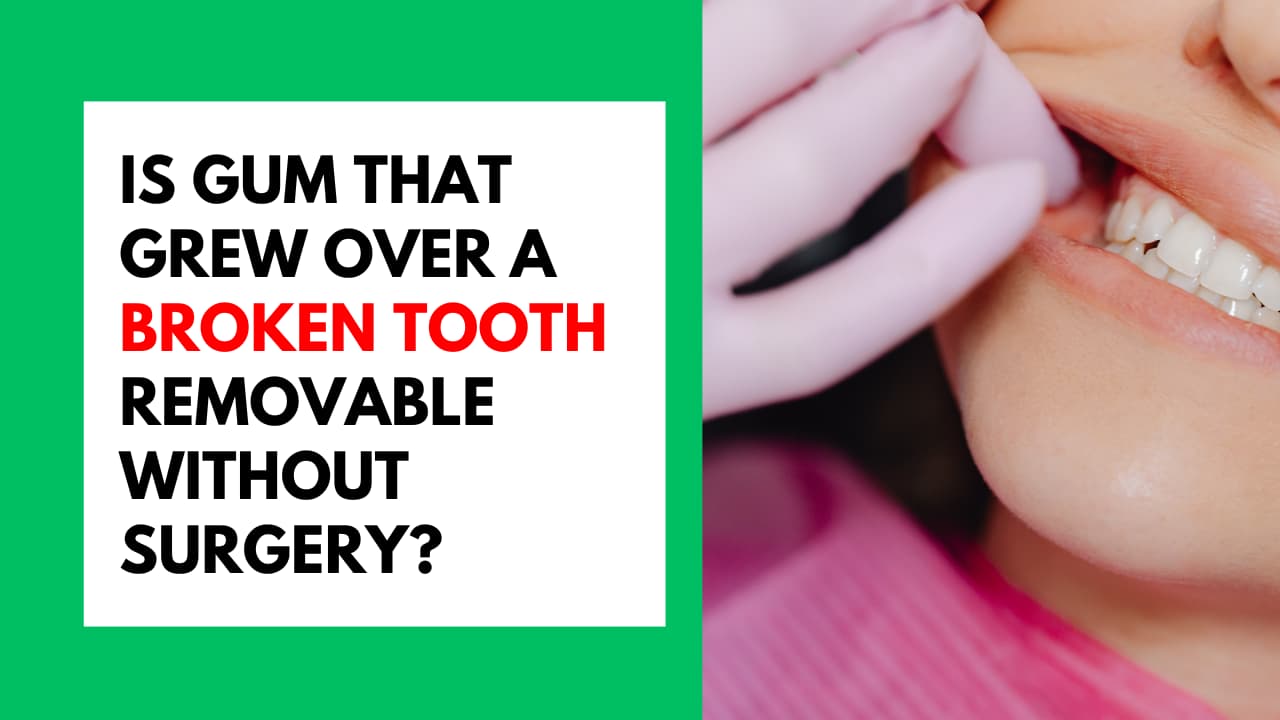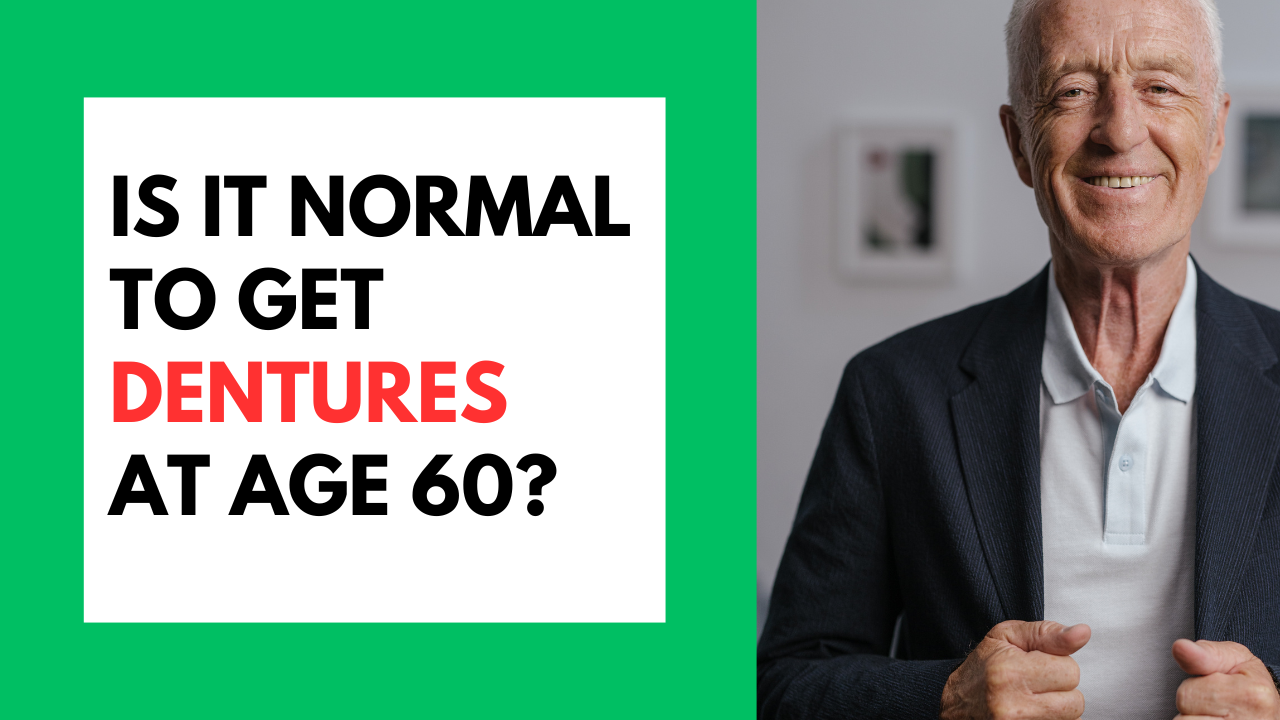Sipping coffee, slurping on a colorful smoothie, or dousing your sushi in soya sauce and much more! It seems that we can’t escape these vibrant foods and beverages that easily stain teeth.
So, it’s understandable if you’re looking at hydrogen peroxide as a way to brighten your smile. After all, it’s notorious for its potential to wipe away the toughest stains. So, can it be a suitable replacement for your generic toothpaste?
Hydrogen peroxide can whiten teeth while eliminating cavity-causing bacteria in your mouth. However, it can only be used in small concentrations and specific ways, which we’re here to explain.
In this blog, let’s learn if hydrogen peroxide can be used in place of toothpaste and the effects of hydrogen peroxide on dental health. Additionally, let’s explore ways to safely use it in your oral hygiene routine and its alternatives.
Expert in This Article
Dr. Niraj Shah is an experienced general dentist with advanced training in implants and public health.
Is Hydrogen Peroxide Safe to Use as a Toothpaste?
The key is to stay cautious when considering hydrogen peroxide as an alternative to toothpaste. Smile360 Family Dentistry’s leading dental expert, Dr. Niraj Shah, DDS, states, “The hydrogen peroxide sold in drugstores is, on average, at a 3.5% strength. While on the lower side, it’s safer than using higher concentrations that can damage teeth.”
It’s essential to go in for a dental consultation to determine if you’re incorporating hydrogen peroxide into your oral hygiene routine and whether you can use it safely. Medical News Today mentions that the dentist will check for cracks, which can lead to hydrogen peroxide penetrating the tooth. This can cause contact with the sensitive dentin underneath, which could cause irritation or sensitivity.
Normally, the hydrogen peroxide solution available in drugstores has not been formulated for daily use as toothpaste, whereas regular toothpaste brands are safe for daily use.
They contain fluoride and other ingredients that not only brighten teeth but also help enamel become stronger. Regular toothpaste is formulated to be completely safe when in direct contact with your teeth. On the other hand, hydrogen peroxide isn’t safe to use directly on teeth as it has corrosive properties. So, using it as an alternative to toothpaste can irritate your gums and teeth.
The Effects of Hydrogen Peroxide on Dental Health?
Hydrogen peroxide is renowned as a cost-effective whitening agent that can brighten teeth. Colgate explains that hydrogen peroxide functions as a bleaching agent as it reaches below the enamel’s surface. Its oxidizing properties can remove discoloration for brighter teeth.
It also has antimicrobial properties that kill cavity-causing bacteria in the mouth. Hydrogen peroxide can also reduce plaque while combating the risk of developing gum disease. Some people use it to soothe pain and inflammation caused by dental complications and periodontal issues.
However, prolonged use or higher concentrations can damage gums and enamel. If not used properly, it can lead to issues like tooth sensitivity and irritation. Its corrosive properties can also make teeth vulnerable to decay and cavities.
You May Also Like: How to Remove Chlorhexidine Stains from Teeth?
How to Use Hydrogen Peroxide Safely
If you still want to incorporate hydrogen peroxide into your routine, there are some safe ways you can do so. Here are ways you can use hydrogen peroxide without harming your oral health.
1. Use Low Concentrations
Research shows that hydrogen peroxide’s whitening properties are increased at higher percentages. However, diluted hydrogen peroxide benefits oral health and whitening goals more.
Low concentrations of hydrogen peroxide can gently brighten your teeth while maintaining oral health. Studies suggest lower concentrations of hydrogen peroxide had whitening results similar to higher ones. However, they required more frequency of use than the higher concentration.
2. Hydrogen Peroxide Toothpastes
Some toothpastes are formulated with hydrogen peroxide, which can contribute to tooth whitening while brushing. Look for one with the ADA Seal of Acceptance, which indicates it is recommended and safe for oral use.
A hydrogen peroxide toothpaste works just like any other toothpaste. It is usually formulated to be safe for use twice daily; however, if you observe signs of sensitivity and discomfort, it’s better to limit use.
3. Hydrogen Peroxide Mouthwash
Another way you can use hydrogen peroxide in your daily routine is to use mouthwash instead of toothpaste. Use mouthwashes formulated with hydrogen peroxide or dilute them with water.
Swish hydrogen peroxide in your mouth for 30 seconds to a minute before spitting it out. Avoid swallowing the solution, as it can be toxic.
4. Hydrogen Peroxide Paste
If you want some abrasiveness while using hydrogen peroxide, one safe way is to mix baking soda with a small amount of the solution. Apply the paste gently onto your teeth and rinse within two minutes.
Alternatives to Hydrogen Peroxide for Teeth
You can use alternatives to hydrogen peroxide to brighten your teeth without risks. While whitening toothpaste and at-home whitening treatments can help, they cannot cause significant changes in a short amount of time.
Dr. Shah explains, “The surest way to brighten teeth is through professional dental whitening. It’s the most thorough and has significant results in a session. However, simple dental scaling can also significantly brighten teeth by removing plaque and tartar.”
Many people underestimate the results of routine dental scaling and polishing. The procedure is cost-effective and can easily remove tough plaque and surface-level stains for a brighter smile.
Alternatively, you can use at-home whitening strips. Many people find these strips successful as they lighten teeth over time and are gentle. Additionally, don’t underestimate whitening toothpastes and mouthwashes. They can also be great additions to your oral hygiene routine for a brighter smile.
Takeaway
A dull smile can chip away at one’s self-esteem, and you might feel tempted to replace your routine toothpaste with hydrogen peroxide. However, while this chemical is a bleaching agent, misuse of hydrogen peroxide can damage your gums and teeth.
Hydrogen peroxide can damage dentin by destroying its collagen proteins, leading to sensitivity. It also can damage enamel and limit its remineralization. Hence, the use of hydrogen peroxide should be very controlled.
To minimize the side effects, lower concentrations of hydrogen peroxide for short periods of time are essential. The best way to use hydrogen peroxide is in a product specifically formulated for oral use.

Annie Edith is an experienced journalist and content creator with a strong passion for health and wellness. She takes a unique approach to her writing, exploring the latest trends in Dental, Fitness, and mental well-being, while providing readers with informative, research-based articles.





